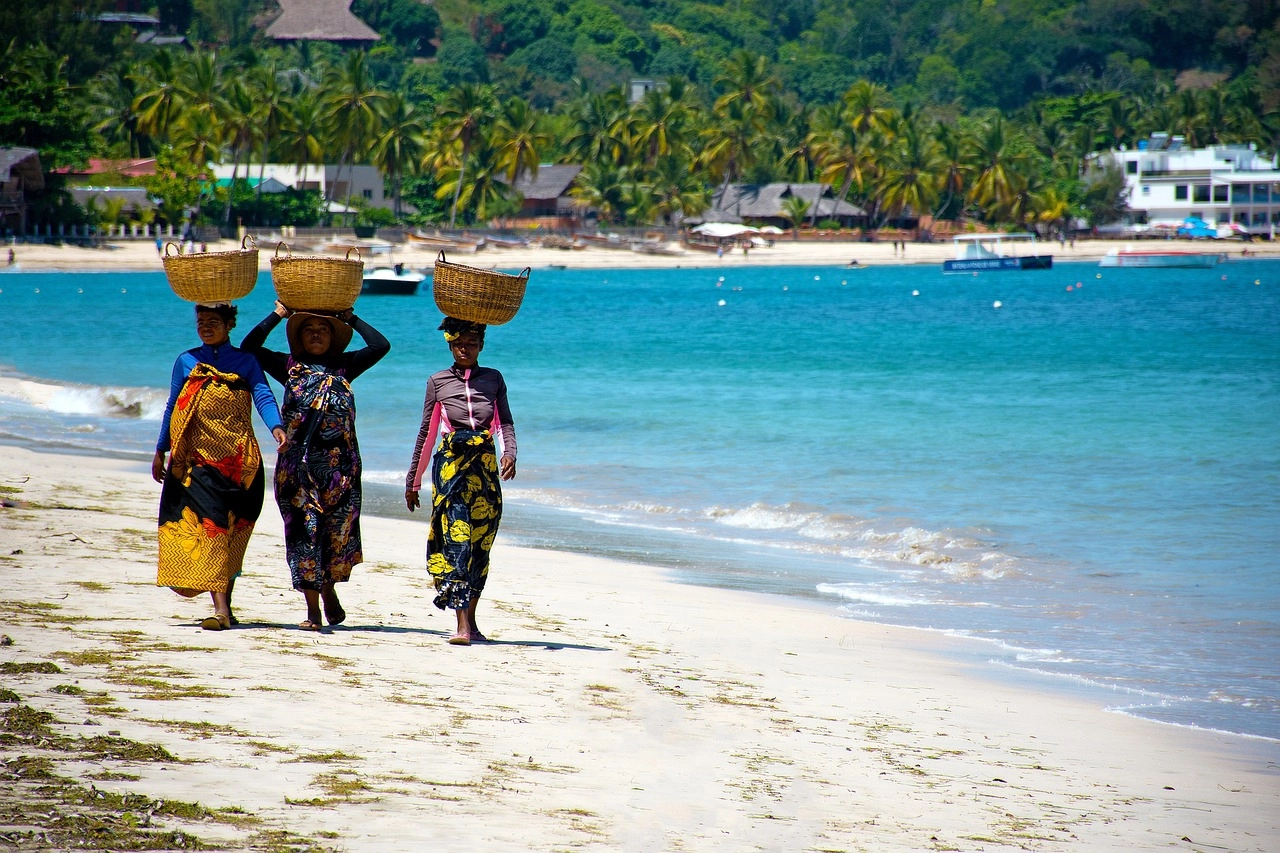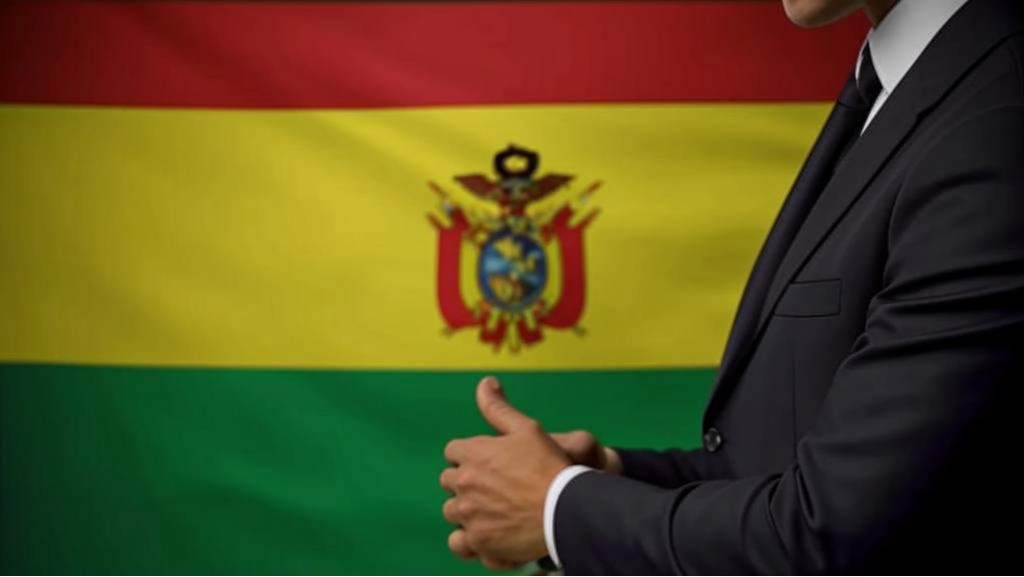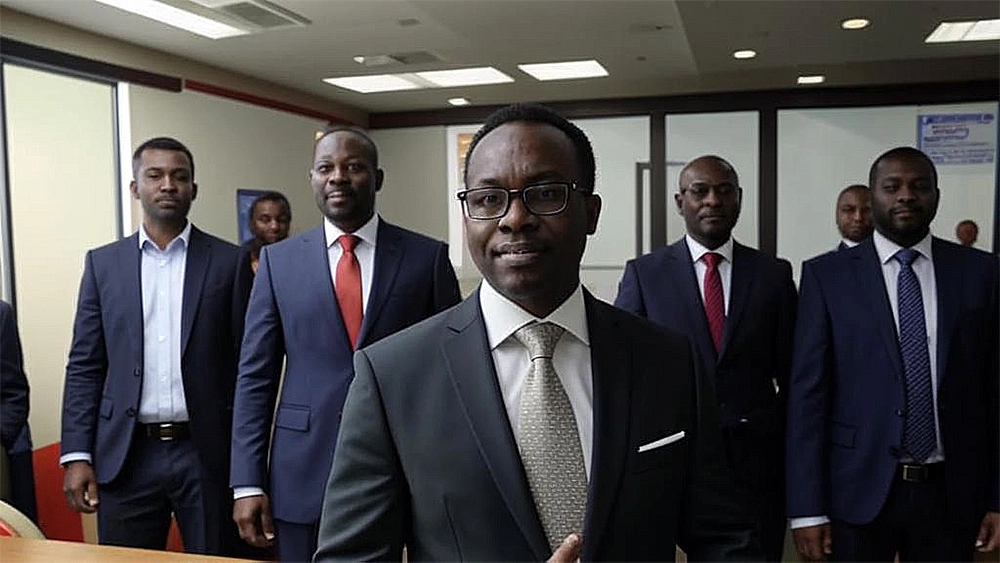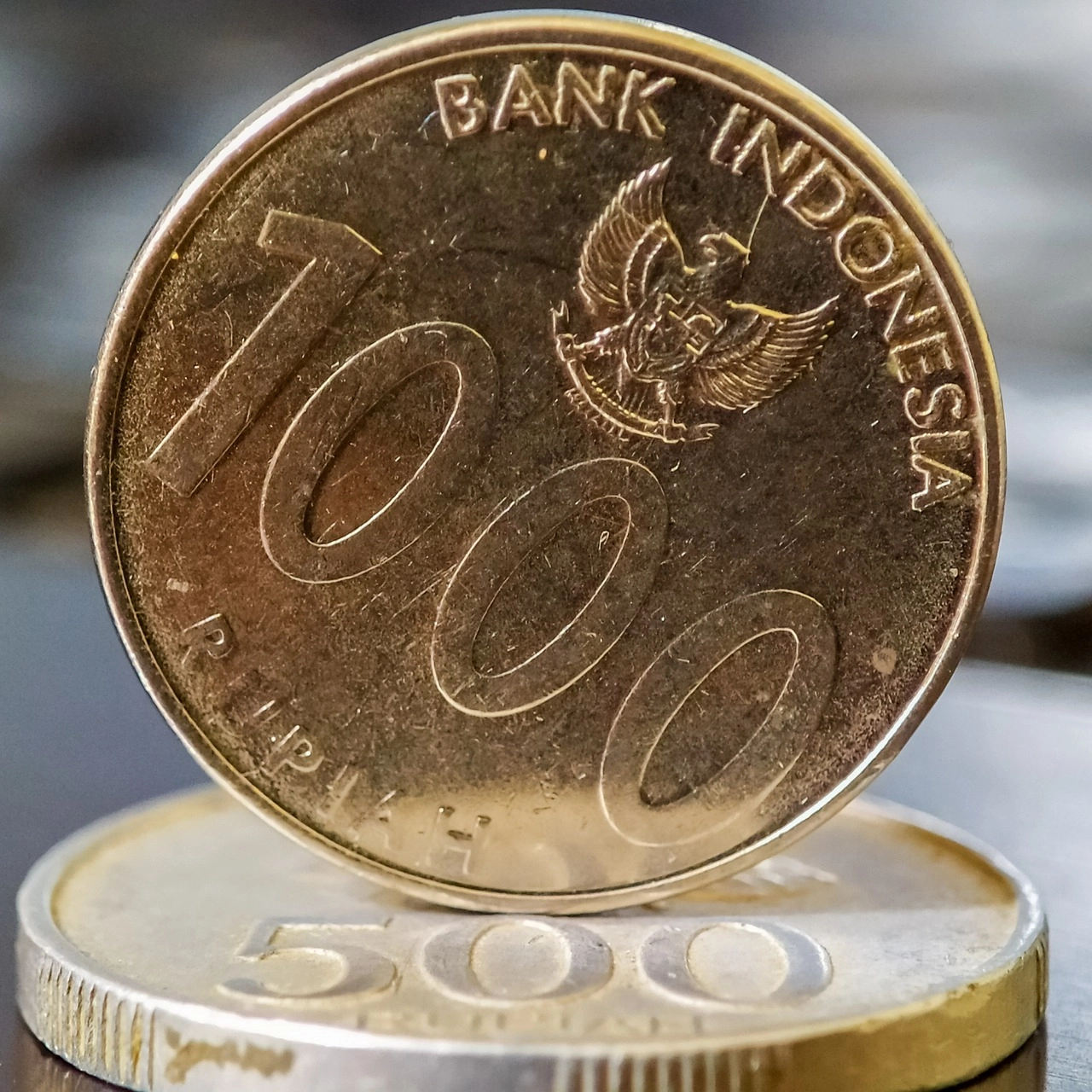Business traditions and mentality
For doing business in another country successfully, you must understand the mentality of its people, the business traditions of entrepreneurs, and the everyday habits of residents. Its knowing will make your way to success easier.


Brazil is one of South America's economic giants, known for its world-class mining, manufacturing, and agricultural industries, and is the region's largest oil producer. However, doing business successfully here depends on understanding and respecting the country's unique business norms and culture.

Understanding business etiquette in Colombia is paramount to ensuring the smooth operation of your business in one of Latin America's most dynamic and promising economies.

Madagascar, an island country located off the southeastern coast of Africa, is known for its unique wildlife, stunning landscapes, and rich cultural heritage. When doing business in Madagascar, it is important to understand and respect local cultural etiquette.

Bolivia is a country located in the heart of South America and is known for its rich cultural heritage. When doing business in this country, it is important to understand and respect local customs and etiquette.

If you are considering expanding your business in Thailand, setting up a joint venture, or holding important business meetings in the country, it is important that you understand the Kingdom's business culture.

In the Democratic Republic of Congo (DRC), rich cultural diversity is reflected in business etiquette. Understanding the nuances of business culture is critical to effectively collaborating and doing business in this country.

Kyrgyzstan, located in Central Asia, is a country with a rich cultural heritage and a growing business landscape. Doing business here requires a deep understanding of local customs, traditions, and business practices.

Doing business in Sri Lanka requires an understanding of the country’s cultural etiquette. As a beautiful island nation in South Asia, Sri Lanka has its own customs and traditions that shape business interactions. There are a number of important aspects of cultural etiquette that need to be taken into account when doing business in this country.

Malaysia's cultural diversity makes it an interesting place to do business. The population is predominantly Malay (legally meaning a person must be Muslim), but there are also large Chinese and Indian communities. It is important to understand some of the cultural differences when developing relationships and doing business in this market.

Montenegro has achieved significant success in the global business arena. The country's business culture is a blend of traditional Balkan values and modern European influences, which should be taken into account when doing business here.

Bosnia and Herzegovina's open economy and its willingness to participate in international business cooperation represent great opportunities for businessmen from all over the world. If you plan to conduct business in this country, it is important to be well informed about the local culture and business etiquette.

The differences between Western cultural styles and Indonesian cultural norms become very apparent in the business environment. Understanding the business culture in Indonesia and adapting your business strategy accordingly will help you effectively navigate the local market and build a thriving business in the country.



 Other topics:
Other topics:
 New artıcles
New artıcles
 REAB Services
REAB Services

 News
News
 Useful tip
Useful tip

